
 |
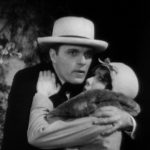 |
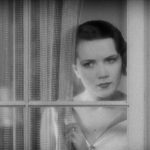 |
| Steve Alden Lawrence Gray |
Terry Clayton Alexander Gray |
Betty Braley Bernice Claire |
| Released by First National Directed by John Francis Dillion Run time: 69 minutes |
||
Proof That It’s a Pre-Code Film
- Dad: “Am I your father?”
Daughter: “I hope so.”
Dad: “So do I!”
- A man’s grown daughters contend that their father is a sexual subservient because he ended up with daughters instead of sons.
- Steve gets shot in the butt. Good one, Steve.
Spring is Here So Let’s Skedaddle
“When a girl gets too old to get a spanking, there’s only one thing to do– get her a husband!”
In case this is the first review or discussion you’ve ever read of a musical film from 1930, let me cover some basic ground before I start my griping: musicals became a huge fad in 1929/1930 with the introduction of full talking pictures. Runaway financial successes like The Broadway Melody led all of the studios to gamble heavily on musical adaptions. By 1930 it had become a glut, with audiences in active revolt, compounding the dwindling ticket sales from the Depression. Musicals became anathema by 1931.
The way musicals were shot in 1930 was also a problem, as directors struggled with adapting musicals both with the limitations of sound equipment and the way talkies now had to be shot– usually with operators stuck in small booths that were insulated and pushed around to achieve their shots. This lead to these musicals to be dull to look at, as they’re mostly composed of long, unmoving medium shots in an effort simply to form a motion picture.
I mention all of this because Spring is Here is a pretty typical movie from this very specific point in time. Enjoy seeing two characters from the waist up? Perhaps they sing songs that vary little in melody or intention? The comedy, built for the stage, is played broadly? Then you’re in luck.
Spring is Here is the story of the Braley family. Dad (Ford Sterling) is wild-eyed and frantic, mom (Louise Fazenda) is an airhead, Mary Jane (Inez Courtney) is a goof, and Betty (Bernice Claire) who is juggling suitors. Betty’s two suitors are fuddy duddy Terry (Alexander Gray) and exciting new-to-her Steve (Lawrence Gray (no relation)).
Much of the film’s action is Terry trying to morph into being a ladies’ man to make Betty jealous with mixed results. Dad also hops up and down huffing and grunting; if he’d had a hat, he’d chew on it. There are a number of parties and men climbing over the wall to chase Betty around, and that makes up most of the action.
There are a couple of amusing moments– dad does crush a ukulele with his bare hands, which is adorable– but most of the dialogue plays like it was lifted from a grade school recital. Case in point:
“Get out, you worm!”
“That’s Mr. Worm to you!”
Inez Courtney, one of those few stars from 1930 who managed to project actual charm, is cute in her part. In contrast, all the male actors seem about five years too old for their roles, and Ford Sterling, a silent comedy veteran, is absolutely pulling out all the stops in a hammy, painful performance.
Meek Terry delivers the only two surprising bits of the movie, one a full on romancing of his object of affection’s married mother. The near-incestual implications about that are, at least, interesting. The other is how the film ends with Terry turning into a cruel brute of a husband, a conservative gender trope that was as tiresome then as it is today.
I’ll wrap up this review of a musical by mentioning the music, by Lorenz Hart, Richard Rodgers, and Harry Warren, is presented with next to no flair and feels repetitive; even if the songs aren’t the same, they’re indistinguishable. Again, as noted at the top, this was a big problem for films in 1930. This film typifies the kind of movie that sent audiences running away back then, and it should manage about the same today.
Screen Capture Gallery
Click to enlarge and browse. Please feel free to reuse with credit!
Other Reviews, Trivia, and Links
- TCMDB talks about the film’s background and context:
Before Nelson Eddy and Jeanette MacDonald, the screen’s great operetta team was Alexander Gray and Bernice Claire, a pair of musical theatre performers who co-starred in three features, all in 1930. This adaptation of a popular Rodgers and Hart show is the only one to survive, with the earlier No, No Nanette and the later The Song of the Flame mostly lost.
Awards, Accolades & Availability
- This film is available on Amazon via Warner Archive. Thanks to Warner Archive for providing a review copy of this film.
More Pre-Code to Explore
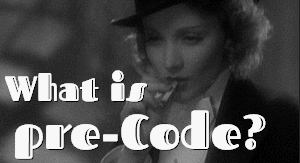

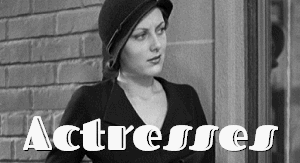
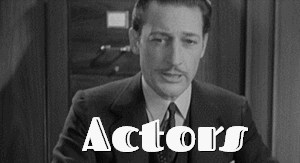

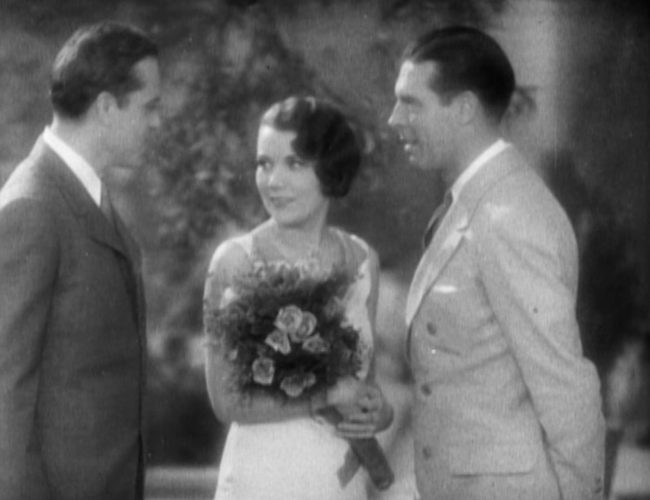
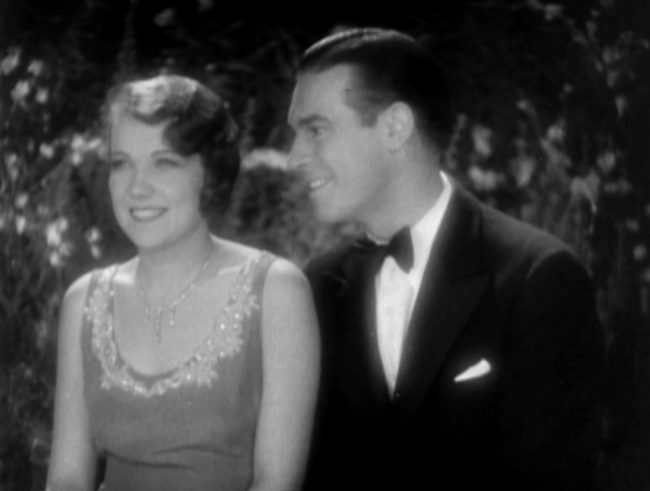
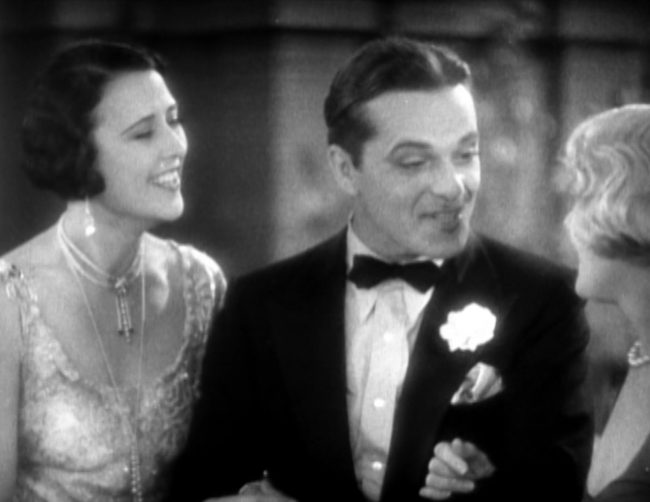
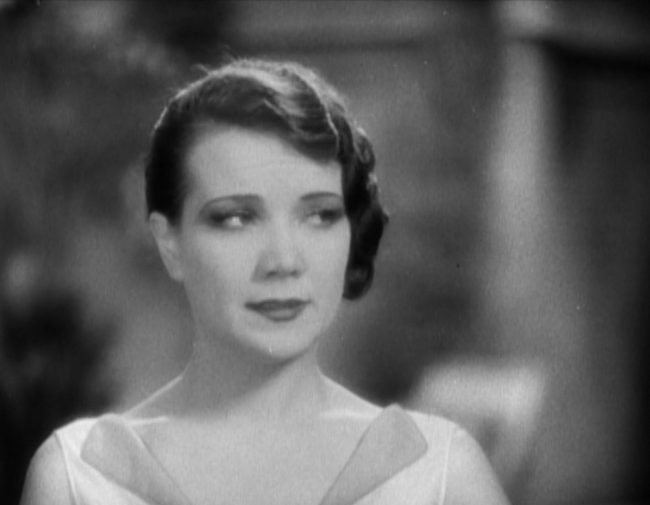
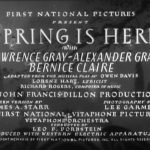



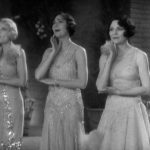
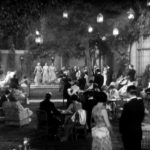
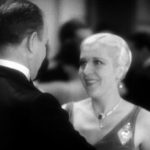
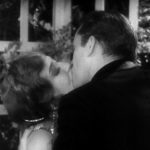
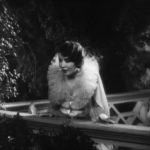
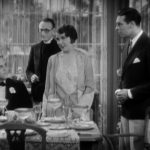


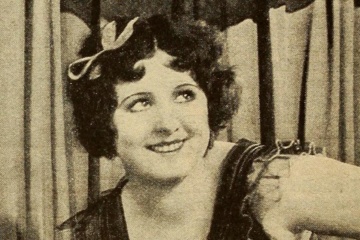
1 Comment
Tom Walter · August 12, 2019 at 7:52 pm
I appreciate your taking the time to review obscure precodes, but maybe you should recuse yourself from musicals? I haven’t seen the movie, but you couldn’t distinguish Spring Is Here from With a Song in My Heart? Standards both. And Crying for the Carolines wasn’t a bad Harry Warren number.
Out of curiosity, do you like any precode musicals? Maybe 42nd Street?
Comments are closed.